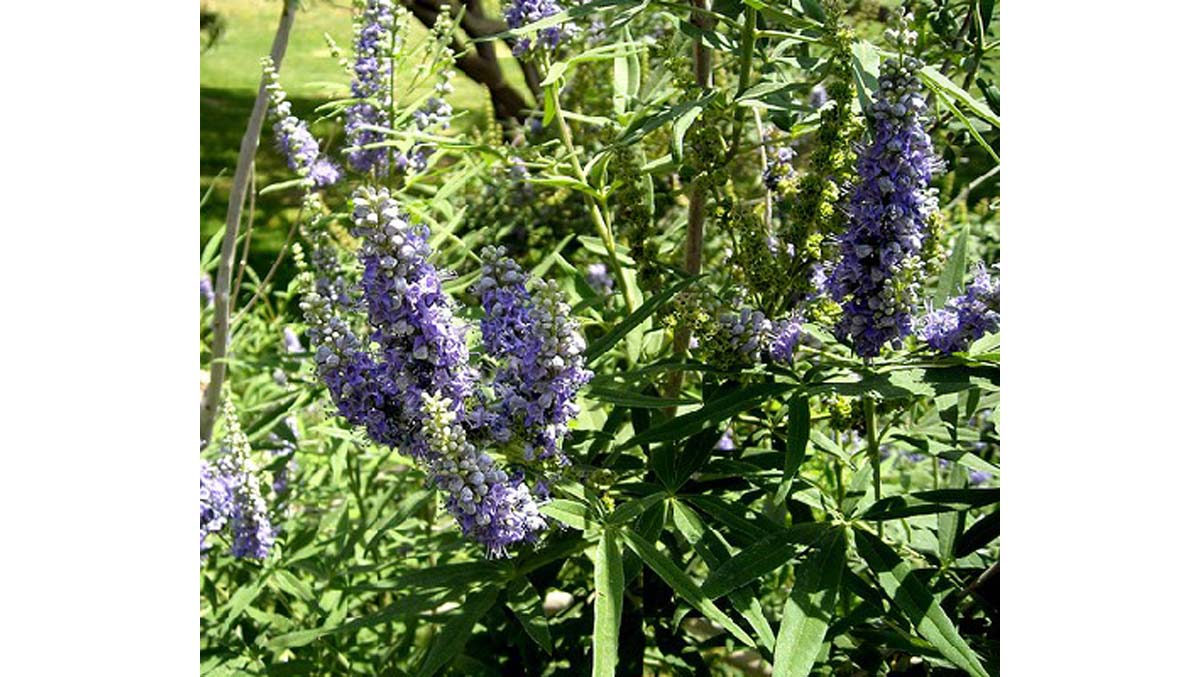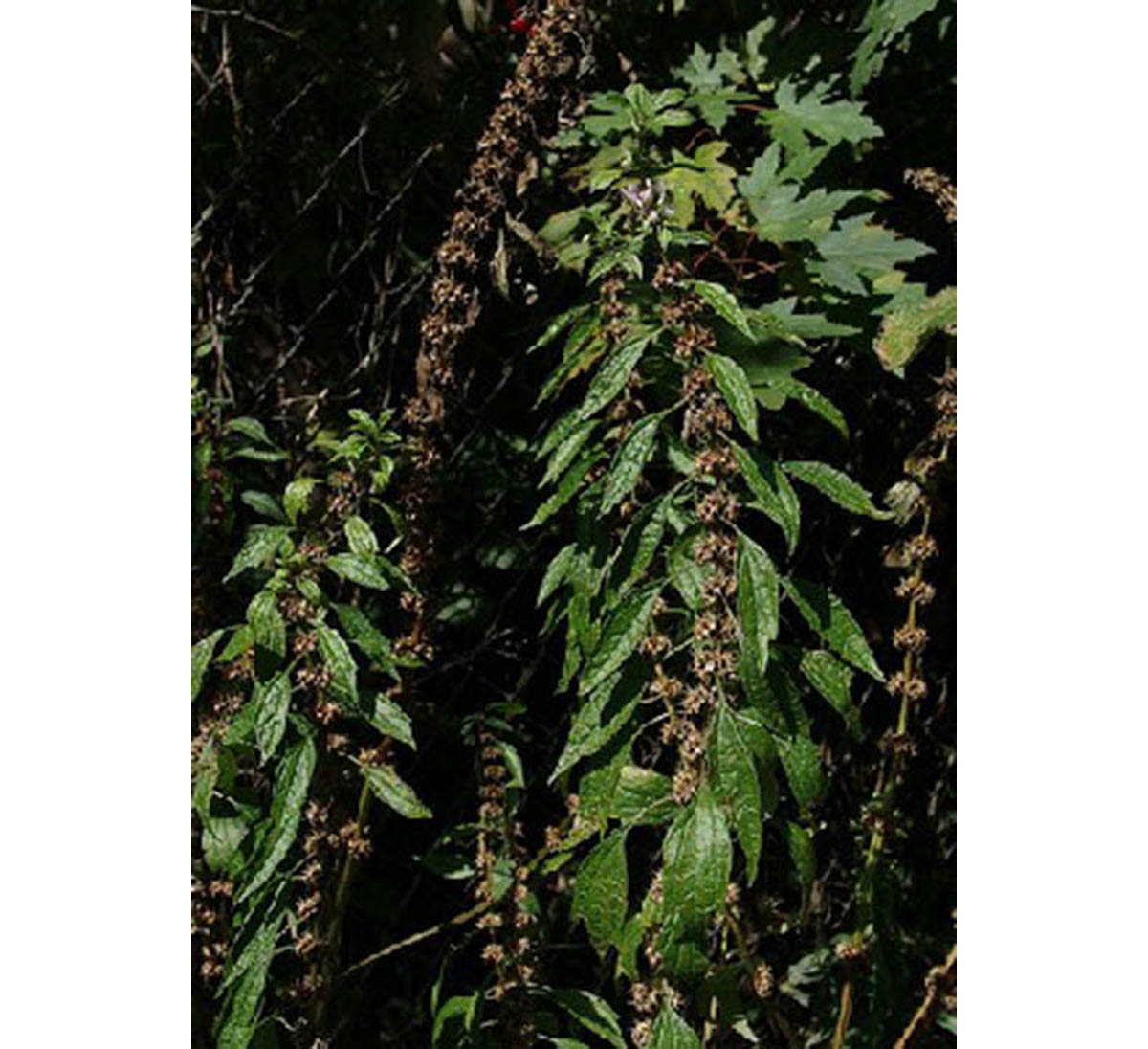Morning Sickness Is Your Body's Way of Keeping Baby Safe
The first days and weeks of pregnancy are a critical time in the life of the developing child. Even tiny amounts of DNA-damaging teratogens can cause damage to the embryo or even induce spontaneous abortion. Certain herbs and spices, as well as some nutritional supplements, contain substances that can be harmful to the baby even in the two weeks before a woman knows she is pregnant.

Fortunately, nature provides an early warning system for expectant mothers. This early warning system is morning sickness. Known in its extreme form as hyperemesis gravidarum, literally "excessive throwing up during pregnancy," this combination of nausea and vomiting affects up to 90 per cent of women during their first trimester. And although the condition is known as morning sickness, only about 2 per cent of women experience symptoms exclusively in the morning. About 80 per cent of expectant mothers endure morning sickness at all hours of the night and day. Symptoms are more severe:
- For the first child,
- When the unborn baby is female (due to increased estrogen levels),
- When the mother is exposed to drinking water contaminated with the bacterium Helicobacter pylori (very common in Central America, especially Nicaragua), and
- When the mother has over-active thyroid.
Chasteberry, an Herb Harmful to Both Mother and Baby
The one commonly used herb that every woman who might become pregnant should avoid is chasteberry, also known as Vitex and agnus-castus. The chasteberry is the fruit of the chastetree, so named by ancient Greeks and Romans who noticed that consuming the fruit resulted in greatly diminished sexual desire in men (and, in extreme overdose, atrophy of the testicles) and somewhat diminished sexual desire in women.Chasteberry contains some compounds that are chemically similar to estrogen and other compounds that affect the production of the pleasure chemical dopamine in the brain. Women who take chasteberry products usually experience less breast pain and swelling during their periods, and they often receive relief from other symptoms of PMS. And because chasteberry is reputed to increase fertility, many women take it when they are seeking to become pregnant.

But stimulating estrogen receptors sites after ovulation is not a good thing. Different hormones are associated with making the womb a hospitable place for the growing fetus. Taking chasteberry after an egg has been fertilized actually increases the likelihood it will be aborted, the would-be mother never knowing she had conceived. Women who wish to become pregnant should not take this herb at any time except the first 10 days after menstruation. (Women who have periods shorter than 20 days should not take it for longer than the first week after menstruation.) The effects of this herb are strong enough to interfere with the early development of the embryo, but not strong enough to be used to induce an abortion after a woman has become aware she is pregnant.
Other Herbs and Spices that Are Not Safe During Pregnancy
Certain other herbs and spices are universally unsafe during pregnancy. Generally speaking, any emmenagogue, or herb that induces menstrual flow, is a bad choice for expectant mothers. Responsible herb experts usually do not disclose the amount of the herb that can induce abortion, since a botched attempt at an herb-induced abortion can result in the death of both mother and child. Don't use herbs to terminate pregnancy.
Pregnant women should avoid all of these herbs in any amount, but there is no need to panic if you have used a small amount of herbs in the first two groups.

- Herbs and spices that stimulate the uterus, possibly interfering with the implantation of the fertilized egg, include black cohosh, ginger, horseradish, and Queen Anne's lace. Ginger is safe for morning sickness because morning sickness does not occur until after the fertilized egg is implanted in the lining of the uterus.
- Herbs and spices associated with spotting, or small amounts of blood loss, include parsley, sage, rosemary, and thyme. These are not like to jeopardize pregnancy, although they may make carrying the baby to term more difficult when the mother has chlamydia or pelvic inflammatory disease.
- Herbs and spices associated with larger amounts of blood loss include asafetida (an ingredient in some Indian spice mixtures and in Worcestershire sauce), pennyroyal, and rue.
- Herbs and spices associated with uterine contraction, or premature labor, include blue cohosh, dong quai, and marijuana.
- Absinthe, tansy, chamomile, and juniper berries may stimulate the uterus in ways that keep a later-term baby from assuming the head-first position prior to birth.
- Blue cohosh can stimulate blood flow and uterine contractions and should be absolutely avoided by any woman who intends to become or who may be pregnant.
Also, since vitamin C stimulates the immune system and the growing embryo is a "foreign body," many experts recommend limiting vitamin C to no more than 500 mg a day for any woman who is or who may become pregnant
- Dugoua JJ, Seely D, Perri D, Koren G, Mills E. Can J Clin Pharmacol.Safety and efficacy of chastetree (Vitex agnus-castus) during pregnancy and lactation. 2008 Winter, 15(1):e74-9. Epub 2008 Jan 18
- Photo courtesy of thoughtfulbloke on Flickr: www.flickr.com/photos/thoughtfulbloke/3813522035
- Photo courtesy of Paul Garland on Flickr: www.flickr.com/photos/paul_garland/2595630379/
- Photo courtesy of Ocean of Stars on Flickr: www.flickr.com/photos/ocean_of_stars/3885390569/
- Photo courtesy of

